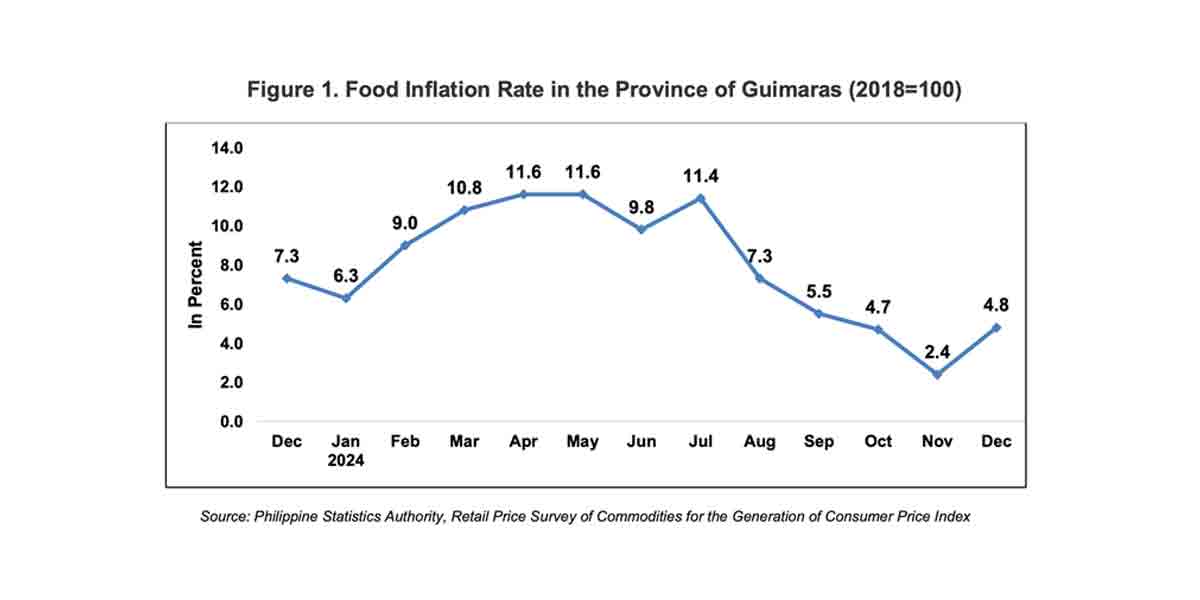 By Atty. Eduardo T. Reyes III
By Atty. Eduardo T. Reyes III
The mushrooming of community pantries countrywide had taken such a significant political shape and color that even the most innocent acts of charity would not be spared of controversy. Hogging the news of late is the birthday bash of popular actress Angel Locsin which she celebrated “community pantry-style”. It would have been a mundane event if not for the reported death of an elderly person who lined-up to avail of the goods for free, given her magnanimous nature which shot to legendary proportions during the height of the lockdown last year.
And because a man died while queuing for that free “daily bread”, speculations ran wild about the possible criminal or civil liability of Ms. Locsin arising out of this unfortunate incident.
This brings to mind the Standard-Operating-Procedure (SOP) that most traffic investigators employ whereby in an almost knee-jerk reactive manner, they would immediately detain a motorist who figured in a vehicular mishap that results in physical injuries or death even without thoroughly examining first if such motorist committed criminal reckless imprudence, mere civil negligence, or neither.
Arresting a person without a warrant is only allowed when he/ she had committed a crime in the presence of the arresting officer or that a crime had just been committed, and the person to be arrested is the malefactor.
Thus, the common requirement for a warrantless arrest is: the commission of a crime.
In law, there is an ocean of difference between “Reckless Imprudence” which is a crime under the Revised Penal Code and thus carries imprisonment as punishment, and civil negligence which only gives rise to a liability for damages payable in money.
In a recent case decided by the Supreme Court which came down on November 2020, criminal reckless imprudence was starkly distinguished from mere civil negligence in this manner:
“The prosecution must show the direct causal connection between a motorist’s negligence and the injuries sustained to substantiate a charge for reckless imprudence resulting to homicide. Further, mere negligence will not suffice because it is the motorist’s willful and wanton act done in utter disregard of the consequence of his or her action, which criminalizes an imprudent or negligent act.
X x x
As punished in Article 365 of the Revised Penal Code, reckless imprudence:
[C]onsists in voluntarily, but without malice, doing or failing to do an act from which material damage results by reason of inexcusable lack of precaution on the part of the person performing or failing to perform such act, taking into consideration his employment or occupation, degree of intelligence, physical condition and other circumstances regarding persons, time and place.
Furthermore, it has the following elements:
- that the offender does or fails to do an act;
(2) that the doing or the failure to do that act is voluntary;
(3) that it be without malice;
(4) that material damage results from the reckless imprudence; and
(5) that there is inexcusable lack of precaution on the part of the offender, taking into consideration his employment or occupation, degree of intelligence, physical condition, and other circumstances regarding persons, time and place. (Citation omitted)
Here, both the Regional Trial Court and the Court of Appeals found petitioner liable for reckless imprudence resulting to homicide, even if the prosecution failed to present substantial testimony of petitioner’s negligent or imprudent act, which led to Jaquilmo’s death.
Gonzaga v. People states that to establish a motorist’s liability for negligence, the prosecution must show the “direct causal connection between such negligence and the injuries or damages complained of.” Gonzaga then stressed that mere negligence in driving a vehicle is not enough to constitute reckless driving. Rather, it must be shown that the motorist acted willfully and wantonly, in utter disregard of the consequence of his or her action as it is the “inexcusable lack of precaution or conscious indifference to the consequences of the conduct which supplies the criminal intent and brings an act of mere negligence and imprudence under the operation of the penal law[.]”(Reynaldo Valencia Vibar v. People of the Philippines, G.R. No. 235573. November 9, 2020).
Arresting officers or traffic investigators must therefore be mindful of the sharp contrast of criminal recklessness from mere civil negligence. Under the Civil Code, negligence is the failure to observe the prudence that is required by the circumstances of time, person and place. For instance, when a driver fails to slow down knowing that the area he is traversing is a densely populated area, he could be said to be negligent for failing to take into account the circumstance of place. But without more, this merely constitutes as civil negligence on his part.
A study in contrast is the case of a driver who despite seeing children in a school zone already crossing the street, still increases the speed of his car and in blinding speed, attempts to “thread the needle” in the hope that he can still pass through without hitting any of the children; then it can be said that he had acted “willfully and wantonly”, and in “utter disregard of the consequence of his or her action” and jurisprudence teaches that these are the key transformative elements that fuel the negligent act to morph from mere civil negligence into criminal recklessness.
The sad thing when arresting officers do not see the distinction is that they could put to jail a driver who might have only committed civil negligence, not criminal recklessness. Even if the said driver eventually gets acquitted as what happened in Vibar v. People, he would have already lost a valuable chunk of his liberty by spending time in jail when not a second of detention is justified in law.
In a democratic society, freedom is the rule and restriction thereof is only the exception. Indeed, “Every man lives for himself using his freedom to attain his own ends, and feels in his whole being that he can at any moment perform or abstain from performing this or that action, but as soon as he has performed it, that action executed at a given moment in time becomes irrevocable and belongs to history, in which it has not a free but a predetermined significance.” (War and Peace by Leo Tolstoy).
(The author is the senior partner of ET Reyes III & Associates– a law firm based in Iloilo City. He is a litigation attorney, a law professor and a law book author. His website is etriiilaw.com).



















